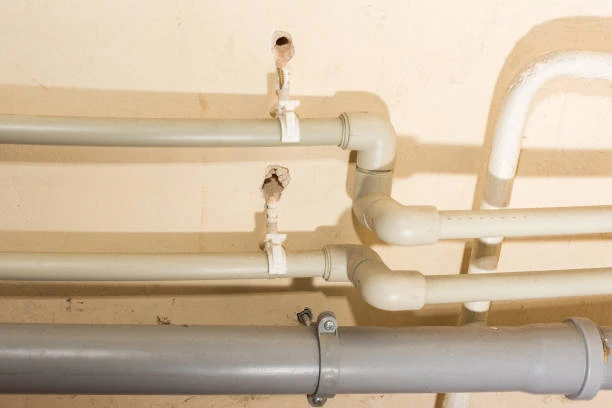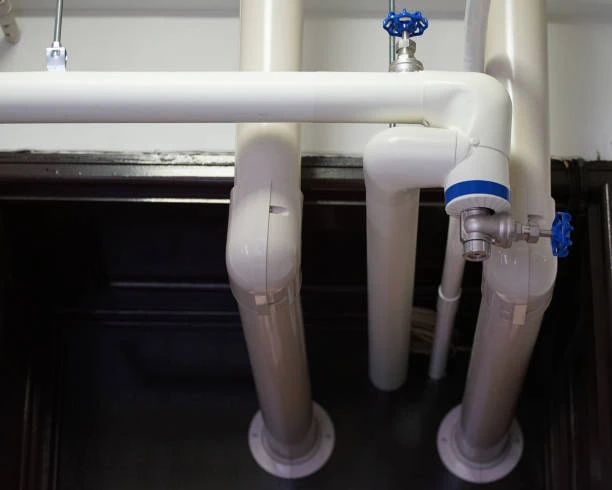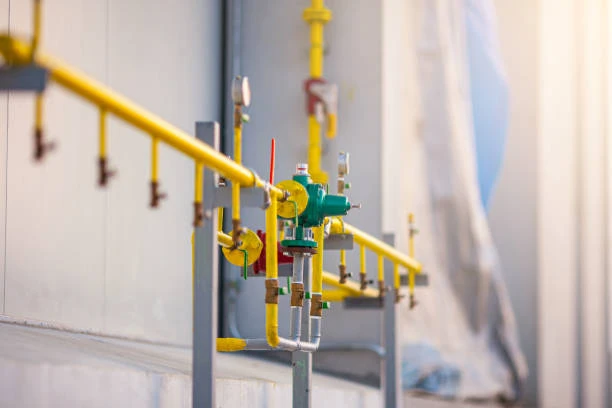Brass stop valves play a crucial role in controlling the flow of water in plumbing systems, making their corrosion resistance a significant factor in determining their reliability and longevity. Let’s delve into an evaluation of the corrosion resistance of brass stop valves.
Understanding Corrosion in Brass Stop Valves
1. Corrosion Mechanisms:
Galvanic Corrosion:
Brass stop valves, composed primarily of copper and zinc, are susceptible to galvanic corrosion when in contact with dissimilar metals in the presence of an electrolyte, such as water.
Pitting Corrosion:
Exposure to aggressive water conditions or chemical contaminants can lead to localized corrosion known as pitting, which can compromise the integrity of the valve over time.
Erosion Corrosion:
High-velocity water flow can cause erosion corrosion, gradually wearing away the surface of the valve material and weakening its structure.
2. Factors Affecting Corrosion:
Water Quality:
The composition of water, including its pH level, dissolved oxygen content, and mineral concentrations, can significantly influence the corrosion rate of brass stop valves.
Temperature:
Elevated temperatures can accelerate corrosion processes, particularly in environments where the water is acidic or contains corrosive substances.
Installation Environment:
Exposure to external factors such as humidity, airborne pollutants, and atmospheric contaminants can impact the corrosion resistance of brass stop valves.
Assessing Corrosion Resistance
1. Material Selection:
High-Quality Alloys:
Opt for brass stop valve manufactured from high-quality brass alloys with enhanced corrosion-resistant properties, such as dezincification-resistant brass (DZR) or lead-free brass.
Corrosion Testing:
Conduct corrosion testing on brass stop valves to evaluate their resistance to specific corrosive environments and determine their suitability for long-term use.
2. Protective Coatings and Treatments:
Plating:
Apply protective coatings such as nickel or chrome plating to the surface of brass stop valves to provide an additional barrier against corrosion and extend their service life.
Passivation:
Treat the brass surfaces with passivation agents to form a protective oxide layer that inhibits corrosion and improves resistance to aggressive media.
3. Design Considerations:
Sealing Mechanisms:
Implement effective sealing mechanisms, such as resilient seat materials or O-ring seals, to minimize the risk of water leakage and prevent corrosive agents from infiltrating the valve interior.
Flow Control:
Design brass stop valves with smooth flow paths and streamlined configurations to reduce erosion corrosion in high-velocity flow conditions.
Conclusion
Evaluating the corrosion resistance of brass stop valve is essential for ensuring their reliability and performance in various plumbing applications. Understanding corrosion mechanisms, factors influencing it, and implementing measures like material selection, coatings, and design optimizations enhances brass stop valve corrosion resistance, preventing premature failure. Thorough corrosion assessments and preventive measures optimize valve performance and longevity in various settings.
IFAN is a Chinese manufacturer of plastic pipes, fittings and valves with 30 years of experience. If you are interested in IFAN copper fittings, copper valves, plastic pipes and fittings, please contact us. IFAN offers you a variety of standard pipes to meet your specific needs. Click below to learn more about IFAN’s wide range of affordable and cost-effective valve products and piping system related products.
We will reply your email or fax within 24 hours.
You can call us at any time if there is any question on our production.
For more information,pls visit our webside https://waterpipefitting.com/
Pls Mailto: [email protected]
Whatsapp: + 86 19857948982














Recent Comments